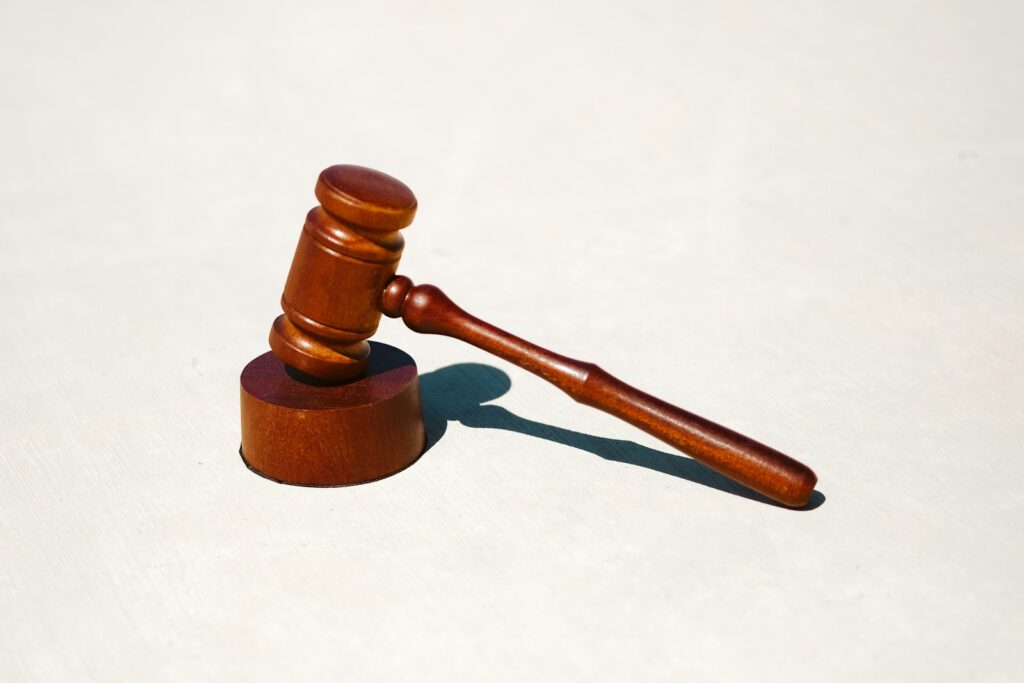At BruegelPC, we understand that revoking a power of attorney is a critical decision that can influence your future in profound ways. Have you ever felt uncertain about how to navigate this legal process? You’re not alone, and I’m here to guide you step by step. Let’s simplify this potentially overwhelming task together, ensuring your peace of mind and protection of your best interests.
Based on information from usa.gov, you can revoke a power of attorney by creating a written statement that clearly says you are revoking it. Sign the statement in front of a notary public and then give copies to the attorney-in-fact and any relevant institutions. It’s also wise to record the revocation at your local county office.
Understanding Power of Attorney
A power of attorney empowers someone you trust to make very important decisions for you when you’re unable to do so.
In basic terms, a power of attorney is a document that lets you choose someone to make decisions for you. This person, called the agent or attorney-in-fact, gets certain powers that you list in the document. There are different kinds of power of attorney: general, limited, and durable.
- A general power of attorney gives the agent wide-ranging authority to handle your money, property, and legal matters.
- A limited power of attorney only allows the agent to do specific things or act for a certain period of time.
In concise terms, a durable power of attorney stays in effect even if you can’t make decisions for yourself anymore.
It’s important to pick someone you trust to be your agent and make sure to clearly describe what they can do in the document. You can change or cancel a power of attorney anytime, as long as you’re still mentally competent.
A power of attorney can ensure that your personal affairs are managed if you can’t make decisions on your own. It’s a strong tool and should be used thoughtfully.
Why Revoke a Power of Attorney?
Revoke a power of attorney if the principal loses trust in the agent’s decision-making.
So to speak, this might happen if the person can make their own decisions again or if they don’t trust the agent anymore. Also, a power of attorney should be canceled if the agent isn’t following their instructions or is misusing their power. It’s important to cancel a power of attorney in writing and tell the agent and any important parties, like banks or doctors.
Predominantly this makes sure the agent can’t make decisions for the person anymore. Canceling a power of attorney can protect the person from harm or being taken advantage of. It’s very important to think carefully about canceling a power of attorney and talk to a lawyer if needed.
Steps to Revoke Power of Attorney
As we already explored, you must first determine the process outlined in the document if you want to revoke a power of attorney.
In basic terms, write a document that says you want to cancel the power of attorney. Make sure you sign and date it in front of a notary public. Tell the person you gave power of attorney to and any organizations involved that you are canceling it. Keep copies of this document for yourself.
Follow the steps mentioned in your original power of attorney document and talk to a lawyer if you are unsure about anything. Make sure the cancellation is officially recorded and update any records to show that the power of attorney has been canceled.
Notifying the Relevant Parties
Thinking again about what was said, clear and timely communication when notifying relevant parties can significantly improve response times and outcomes.
In short, this way, everyone knows what’s going on and can act if needed.
First, figure out who needs to know and what they need to hear. This could include stakeholders, employees, customers, or others affected by the situation.
Then, choose the best way to communicate. This might be through email, phone calls, meetings, or a mix. Make sure your message is clear and respectful.
Be honest and straightforward. At the base, share all the important details without adding too much extra information. This helps build trust and shows the message is important.
Finally, follow up to make sure everyone got the information and understands what to do. Answer any questions quickly to avoid confusion.
Legal Implications of Revocation

Building on what was said earlier revocation of a contract legally signifies its cancellation, nullifying any obligations or rights previously established within the agreement.
To simplify revoking something can have different legal consequences based on the situation.
One consequence might be that people involved don’t have to follow the original agreement anymore. This might mean returning items or services, canceling payments, or stopping any ongoing duties.
If someone cancels a power of attorney or other legal permissions, the person who had the permission might not be able to act for them anymore. So to speak, this could lead to legal issues or the need to find new solutions.
Revocation could also lead to financial issues, like having to pay back expenses or compensate for any losses caused by the revocation.
In general, the legal effects of revocation can be complicated and depend on the details of each case. Both parties should think carefully about what might happen if they revoke something and consider getting legal advice to make sure their rights and responsibilities are clear.
The End Note
As we talked about before, in conclusion, revoking a power of attorney is a straightforward process that can be achieved by following specific steps.
To effectively revoke a power of attorney, BruegelPC recommends that you complete a revocation form, notify all relevant parties, and obtain a notarized signature. It’s important to keep a record of the revocation for your files.
References
Here is the literature that I was using for drafting this article:
- “How to Revoke Power of Attorney” by Mary Randolph, NOLO, 2020.
- “Power of Attorney Handbook” by Enodare, Enodare Limited, 2019.
- “The Power of Attorney Handbook” by Julian B. McDonnell, American Bar Association, 2016.

